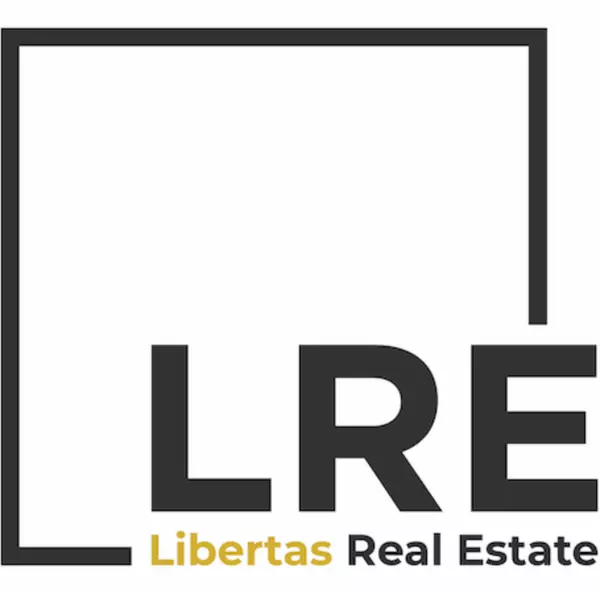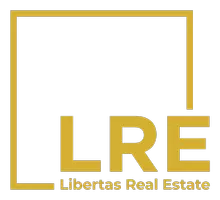Baltimore launches $6.2B housing redevelopment effort
Baltimore is embarking on what civic leaders call ‘the nation’s most ambitious housing redevelopment program’ — a 15-year effort that aims to turn around more than 37,000 vacant or at-risk properties and influence market conditions for another 33,000 homes and lots.
The strategy is supported by $1.2 billion in public funding commitments and is expected to leverage an additional $5 billion from the private sector, according to the Greater Baltimore Committee (GBC).
“This initiative demonstrates the strength and alignment of our region in addressing vacancy at scale,” said Mark Anthony Thomas, president of the GBC. “As a core economic development priority, the public dollars committed to this effort are designed to catalyze significant private-sector investment, grow our population, and strengthen neighborhoods. By bringing together civic leadership, private capital and community partners, Baltimore is setting a new national benchmark for city revitalization.”
Unlike programs that focus on individual properties, the plan targets entire blocks, combining housing investment with infrastructure, commercial corridors, parks and community spaces.
The initiative is being led by the GBC, the Mayor’s Office, and BUILD Baltimore — and is coordinated through Reinvest Baltimore, established by Gov. Wes Moore in 2024.
Recent efforts to cut down on vacant residential properties in Baltimore have proven to be effective, according to new Urban Institute data.
City and state funding commitments
“Baltimore is proving what’s possible when a city invests boldly in its future,” Baltimore Mayor Brandon Scott said. “With over a billion dollars in public funding, strong private-sector partnerships and deep community engagement, we’re not just reducing the number of vacant homes — we’re transforming entire neighborhoods and creating lasting economic opportunity for our residents.”
So far, the city has committed $300 million — including a new tax increment financing program designed to fund affordable housing.
Maryland has pledged $900 million over the next several years for housing and neighborhood reinvestment. Together, these efforts are intended to help reach $3 billion in public support over the course of the program.
“We’re committed to transforming Baltimore’s neighborhoods by addressing vacancy with urgency and precision,” said Jake Day, Maryland’s housing secretary. “We’re not just filling empty houses — we’re building stronger, safer, and more connected communities through collaboration at both the local and statewide level.”
Economic impact and private sector role
Public Financial Management Systems, a consulting firm, estimates the plan could generate more than $7.3 billion in economic value over 30 years through tax revenue, job creation and property value increases.
A private capital strategy developed by Forsyth Street Advisors includes tools such as shared-appreciation mortgages and rental loans for small developers.
PNC, Bank of America, JPMorgan Chase and T. Rowe Price have already joined the effort, and GBC this week issued a request for information seeking a partner to help design investment vehicles that align public and private priorities.
The approach builds on the track record of ReBUILD Metro, which has invested $125 million in East Baltimore over the last two decades.
That project remediated more than 500 properties, reduced vacancy by over 90% in its first two target areas and boosted population and home values without displacing residents, leaders said.
Categories
Recent Posts








GET MORE INFORMATION

